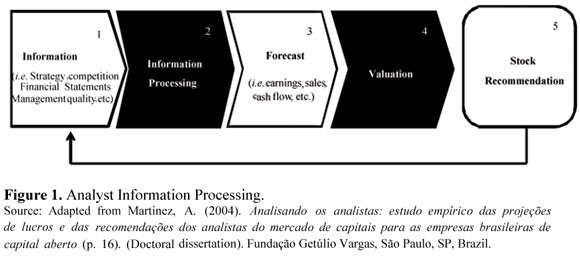If equity research analysts are supposed to predict corporate earnings as accurately as possible
Post on: 16 Март, 2015 No Comment

Related Topics
There are two reasons I believe play a role in this.
- Financial engineering. Needs no explanation, companies will buyback shares, or alter performance just slightly to beat EPS estimates. If you think about it it's not too hard to do.
- Politics. I know I'm not alone in feeling this way, but several times analysts will be bearish when it's time to be bullish or vice versa. Because they can manipulate the stock price, many analysts provide conservative or sometimes overly critical guidance just to alter perception of certain companies and maintain their credibility. It's silly in my mind how many analysts downgraded AAPL last year when the fundamentals of the company were strong.
Simple. If you are a sell-side analyst, and miss the earnings forecast on the underside, your clients won't eviscerate you when the 'surprise' hits and the stock pops for 'beating' the estimate.
But if you overestimate and have the earnings come in repeatedly below your estimates, the stock could get hammered and you likewise by your clients for causing them to lose money.
Second, estimates change over time. Go look at sell-side estimates, and you will often find a range of figures, based on various business-model forecasts. As the quarter comes closer to the end of the period, both management and therefore analysts, have a better grasp of the likeliness that the Company will reach its earnings target for the quarter and therefore, you will see a tightening of the estimates.
Occasionally there will be outlying estimates due to analysts whose opinions are such that they believe the companies in question are either way over-confident (or trying to hide pending earnings disasters) or are insightful enough to capture the expected surge in earnings due to a wildly prosperous improvement in the underlying business (think iPhone, iPad, etc.)
Analysts live for that sort of thing, to be right when the consensus is off the mark and it has made many a career. However, on the flip side, there is the inherent conservatism of the pack that can keep people in check (you wouldn't get canned for believing that Apple's earnings will go up, when 25 to 30 other analysts also believe the same thing, rather than declare a serious earnings miss and watch as the earnings shoot through the roof and you've caused your clients to 'miss the boat'.
Finally, corporations have a say in what they earn. Just because management has stated publicly that they believe they will earn $x.xx a share, doesn't mean that this is exactly what the Company will earn in any given quarter. There are accounting levers (both legitimate and shenanigans) that they can pull to adjust the 'all-important' EPS. More often these days, management will provide an estimated range based on what they expect to do, and know by how much they can boost the earnings to massage the numbers in their favor. They can also talk the analysts up or down within that range.














